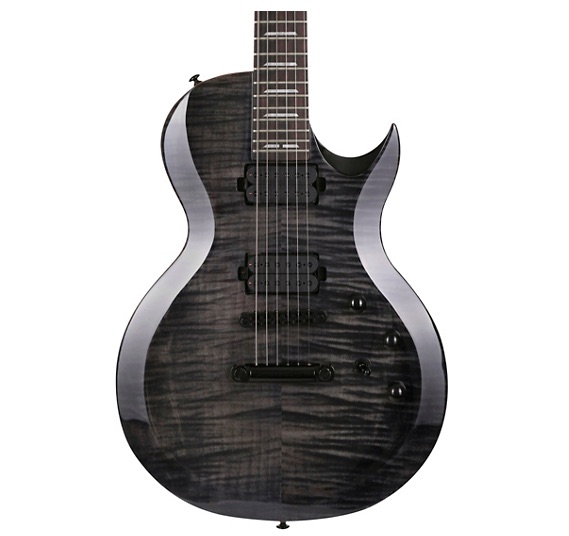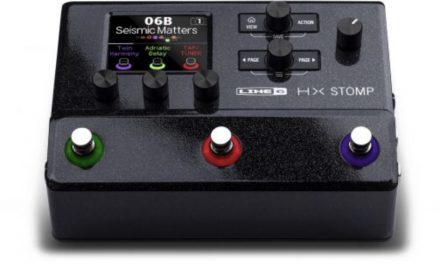One of the things that makes the United States the most powerful nation in the world is capitalism. But it’s also responsible for the lopsided distribution of wealth in this country. Or is it? Perhaps human greed will always cause some to seek more wealth/power than others. These questions are too big for me.
But I wasn’t surprised when Riff City announced it was going out of business. Immediately the speculation began – was it was because Chapman Guitars were now being sold at Guitar Center? Was Chapman being evil by making a good business move? If they were, are all businesses evil? Bill Gates has done more good in the world than almost anyone else I can think of (alive today,) but he crushed people and businesses on his trip to the top. Steve Jobs was no saint either. He was responsible for the biggest business comeback in history. But he was ruthless.
I’ve seen two local mom & pop music shops go out of business locally. I spend money on gear (duh), but I can’t buy what stores don’t stock, or what stores stock at jacked up prices. No one can compete with the Internet unless they’re massive. I’m still buying almost everything from Sam Ash or Guitar Center. I want them to stick around.
But for a lot of things, Amazon is the go-to place. When I wanted to buy Tolex to cover my JBL JRX212 monitors, no one sold it within two hours of my house. When I want to buy guitar building/repairing tools, the Internet is the only place to go.
But Amazon is putting a real lot of small businesses out of business. No one seems to care, because we only want low prices. We don’t care about customer service or convenience (as a nation.) We do, but not for most things. Eventually we’re going to end up with grocery stores, restaurants, movie theaters, Target, and Walmart. Everything else will have closed. I’m kidding, but it might not be too far fetched. With all of those small (and large) businesses closed, where will those people work?
Humans are social. We want to go out and be with other people. So that’d be why the new development near my house is full of restaurants, with a small number of stores. What types of stores can survive the online threat? I don’t know. Not small indie music stores. The current model I see for small stores is a bad one: Giving lessons (people can learn online,) selling used gear (people can buy that stuff online cheaper), and selling off-brand crap that few people want. From what I’ve seen, the off-brand crap the big box stores are selling isn’t doing too well – Mitchell for Guitar Center and Michael Kelly for Sam Ash are both internal brands.
So you sell a product. You have to make it, warehouse it, market it, ship it. And then a store takes a cut of the sale, and the sales person takes a cut of that. With the store out of the way, the people who worked for it are out on the street looking for work, and the company keeps the store’s take. And it goes to the top of the organization where the fat cats get bigger summer houses. Do this enough and the middle class is in real trouble. Unchecked capitalism will result in filthy rich and stinking poor. But put too many restraints on capitalism and businesses move to other countries and the economy suffers and people lose jobs. I sure as hell don’t have the answers.
Maybe things have to get a lot worse for the middle class before they’ll demand action. I dunno. I can’t complain, but I work in the web field. There’s lots of demand for computer nerds.
I used to say “support your local music store” but they’re almost all gone now. Maybe support your semi-local big box music chain? Or they’ll be gone, too. We all rag on Guitar Center and Sam Ash, but do you really want Reverb and Amazon to be your only options for buying gear? Where you can’t test it out first? I don’t.




